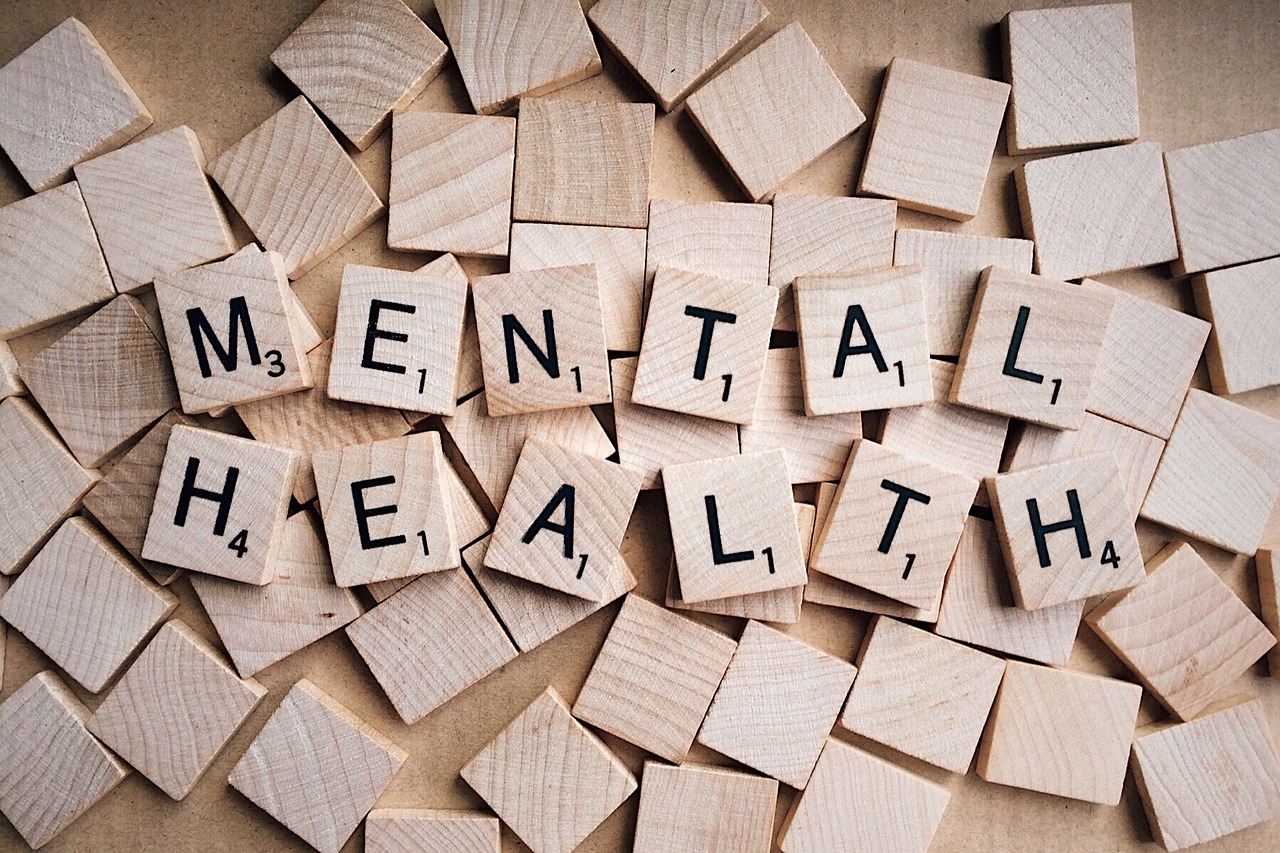World Mental Health Day is celebrated annually on Oct.10 to raise awareness about various mental health issues and to encourage people to seek help for their mental well-being.
According to WHO, good mental health is not just the absence of mental disorders, but a state of well-being that allows people to realize their abilities, work productively and contribute to the community while coping with normal stresses in life.
This year’s theme, “Mental Health is a Universal Human Right”, calls for a human rights-based approach to mental health, acknowledging its impact on the overall quality of life.
Depression is a common mental disorder that affects around 8% of adults in the U.S. However, only about 35% of those with depression seek help from mental health professionals.
As we celebrate World Mental Health Day on Tuesday, here are some tips from an expert to detect early signs of depression:
“Depression can show up differently for different people; however, some key signs to look for include social withdrawal and isolation, depressed or sad mood, sleep or appetite changes, lack of interest in activities they used to enjoy, and irritability. Additionally, people may express feelings of hopelessness, helplessness, worthlessness, or guilt, or talk about [explicitly or passively] their death or ending their life,” Jessica Rabon, a licensed clinical psychologist from South Carolina, told Medical Daily.
Feelings of sadness or hopelessness, angry outbursts, anxiety, restlessness and sleep issues, including insomnia can be common signs. Some people may experience weight loss and reduced hunger, while in others, it can be an increased food craving and resulting weight gain. Sometimes, the symptoms may manifest as unexplained pains such as headaches or back pain.
The symptoms in children and teenagers may be similar to adults, but they may also show signs of irritability, clinginess, worry, aches and pains.
Older adults with depression may have memory issues and personality changes, which may sometimes go unrecognized thinking they are normal signs of growing old.
People with depression may often have inhibitions to seek help. However, the support of those around can help them recognize signs of depression early and encourage them to seek professional help.
Supportive approaches, such as actively listening to their feelings, helping them locate a healthcare provider or even accompanying them to a medical appointment, can prove beneficial, Rabon suggested.
“Stress relief and depression relief are so individualized, so, what works for one person may not work for another. However, generally speaking, at the most basic level, ensuring that the person is engaging in basic self-care – bathing, brushing their teeth, eating and moving their body – can help. Encouraging participation in activities they previously enjoyed, getting outside if it is safe (and weather permitting), talking about how they are feeling, journaling, and listening to music can all help reduce stress and depression levels,” Rabon said.


